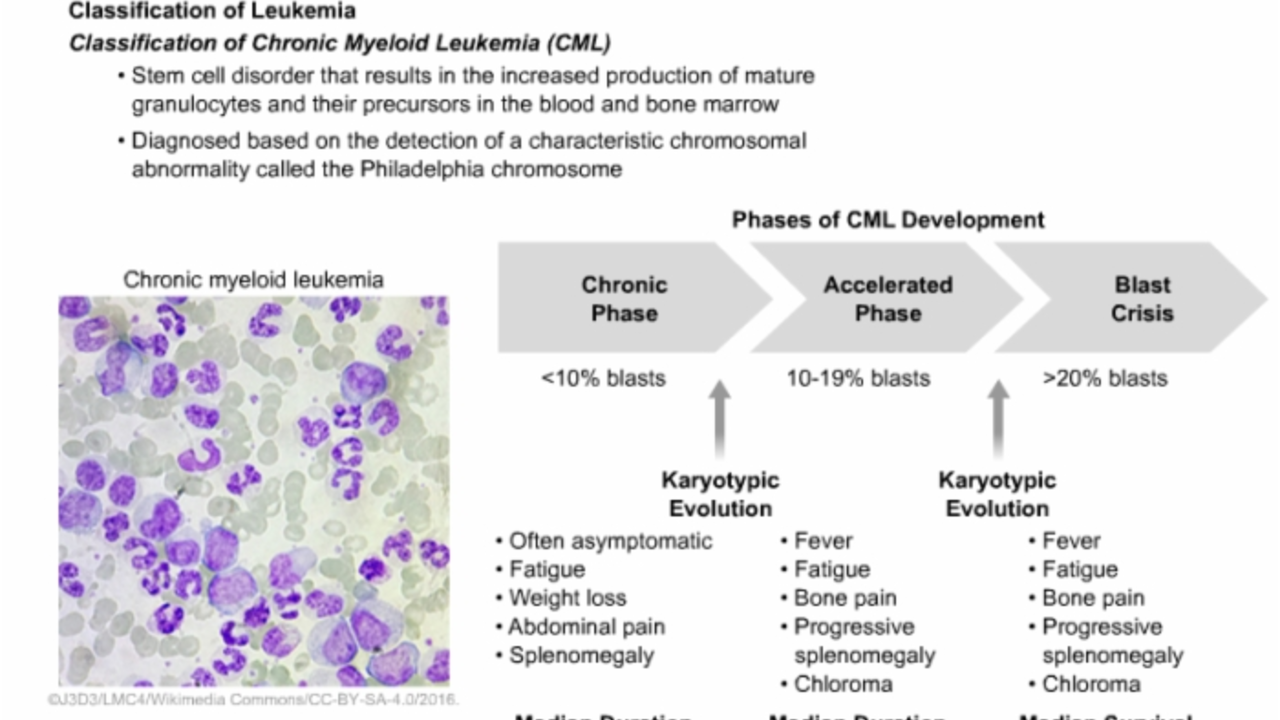Leukemia and reproduction: straight talk about fertility, pregnancy, and next steps
Getting a leukemia diagnosis raises immediate medical questions — and personal ones about having kids. Treatments can affect eggs, sperm, and pregnancy timing. This page gives clear, practical steps so you know what to ask your doctors and what options exist for preserving fertility.
Fertility options before and after treatment
If you’re about to start chemo or a stem cell transplant, act fast. Sperm banking is the simplest and fastest option for men — one clinic visit and samples can be frozen. For women, egg or embryo freezing usually needs a 2–3 week hormone stimulation cycle. If treatment can’t wait, ovarian tissue cryopreservation is an option at some centers; it can be done quickly and later re-implanted.
Some doctors use medications (GnRH agonists) during chemotherapy to lower the risk of ovarian damage. That isn’t a guarantee, but it can help. After treatment, fertility may return on its own, depending on the drugs used and your age. A basic fertility check (AMH, FSH for women; semen analysis for men) gives a quick picture of recovery.
Tip: ask for a referral to a reproductive specialist the day treatment is planned. Decisions made in the first days can change future options.
Pregnancy, contraception, and breastfeeding — what to expect
Can you get pregnant during or after leukemia? Many people do, but timing matters. Most hematologists recommend waiting until you are in remission and your care team clears you — often anywhere from 6 to 24 months after finishing treatment depending on your disease and drugs used. Ask your doctor for a personalized timeline.
If you’re pregnant at diagnosis, treatment plans change. Some chemo drugs can be given safely in the second and third trimesters under a specialist team; others must wait. First-trimester exposure carries the highest risk for the fetus, so teams work to balance maternal and baby health.
Use reliable contraception during treatment and while drugs remain in your system. Your team can tell you how long to wait before trying to conceive. Breastfeeding is usually discouraged while you’re on cancer drugs and for a period after — check with your hematologist and pharmacist about the specific medication’s transfer into breast milk.
Other practical steps: consider genetic counseling if there’s a family history of blood cancers, build a support plan (partner, family, mental health), and keep records of treatments and dates — fertility specialists will need that. Talk openly with your care team: early planning preserves the most options and reduces future stress.
If you want, I can help draft questions to bring to your hematologist or find fertility clinics that work with cancer patients. Which part would you like to focus on first?
The Impact of Chromosome-Positive Lymphoblastic Leukemia on Fertility and Pregnancy
In my recent research on Chromosome-Positive Lymphoblastic Leukemia, I've found that it can significantly impact fertility and pregnancy. This type of leukemia can make it harder for females to get pregnant and carry a pregnancy to term. For males, it can affect sperm production and overall fertility. Additionally, treatment for this disease often involves chemotherapy, which has been known to have adverse effects on fertility. It's a complex topic, but it's essential to understand if you or a loved one is navigating this challenging health issue.
